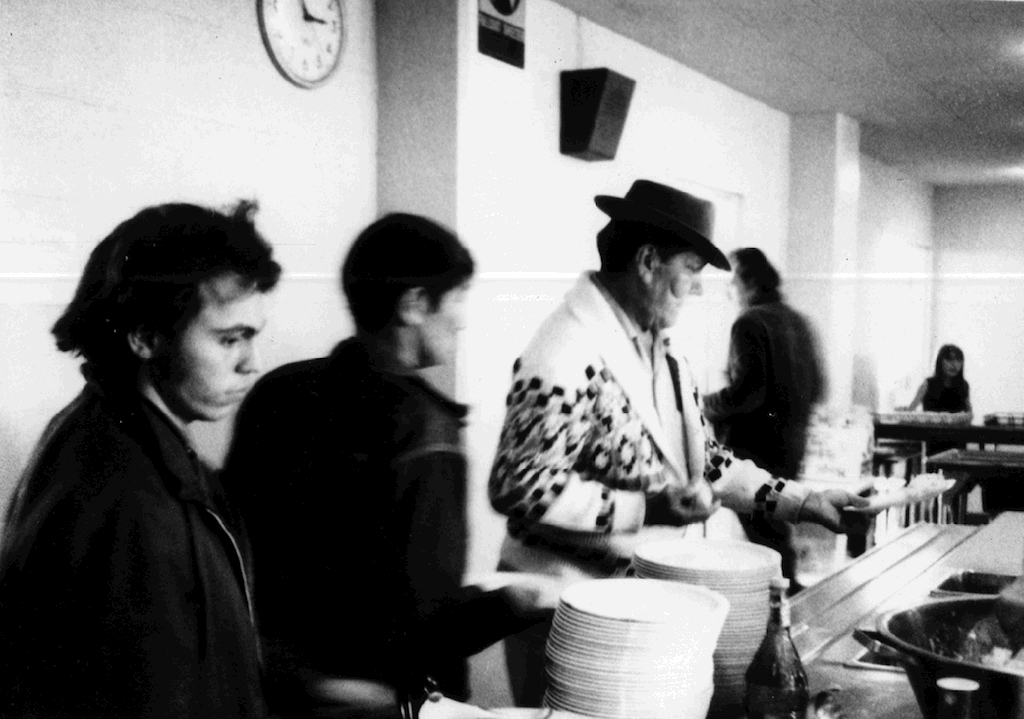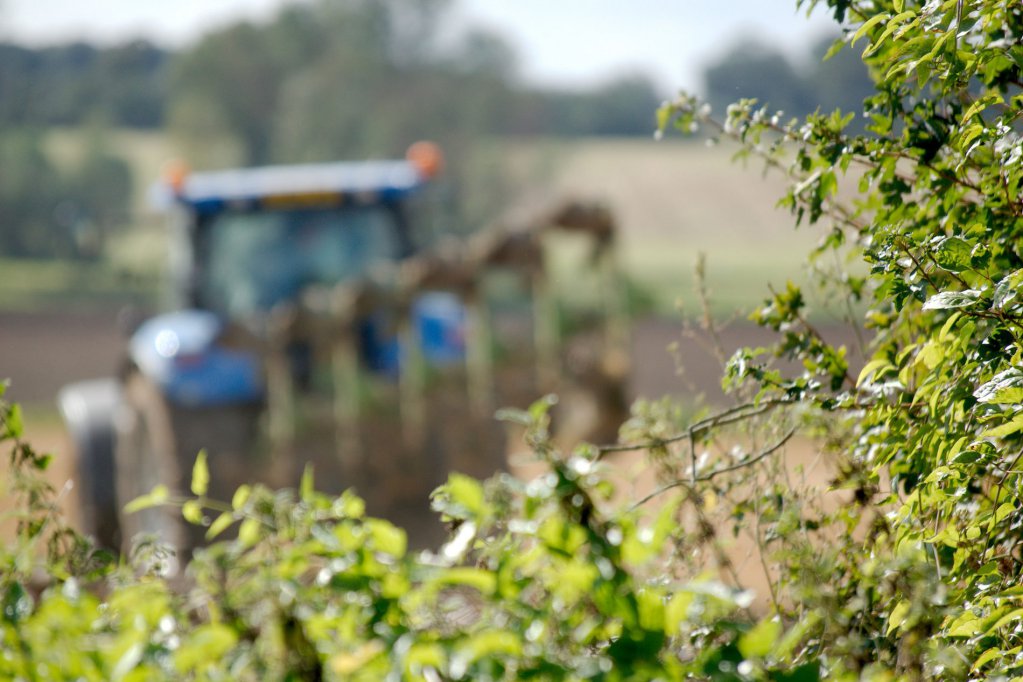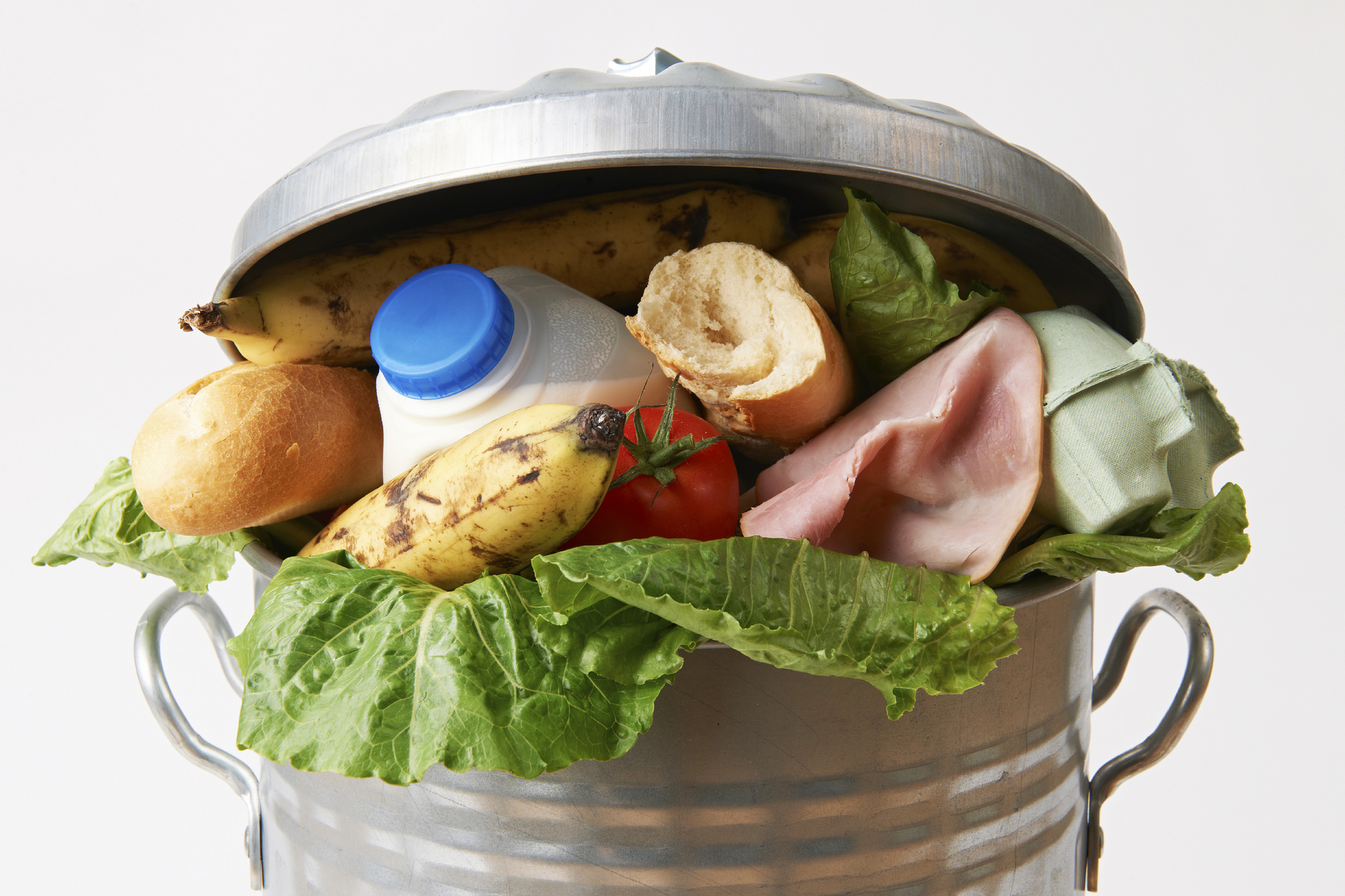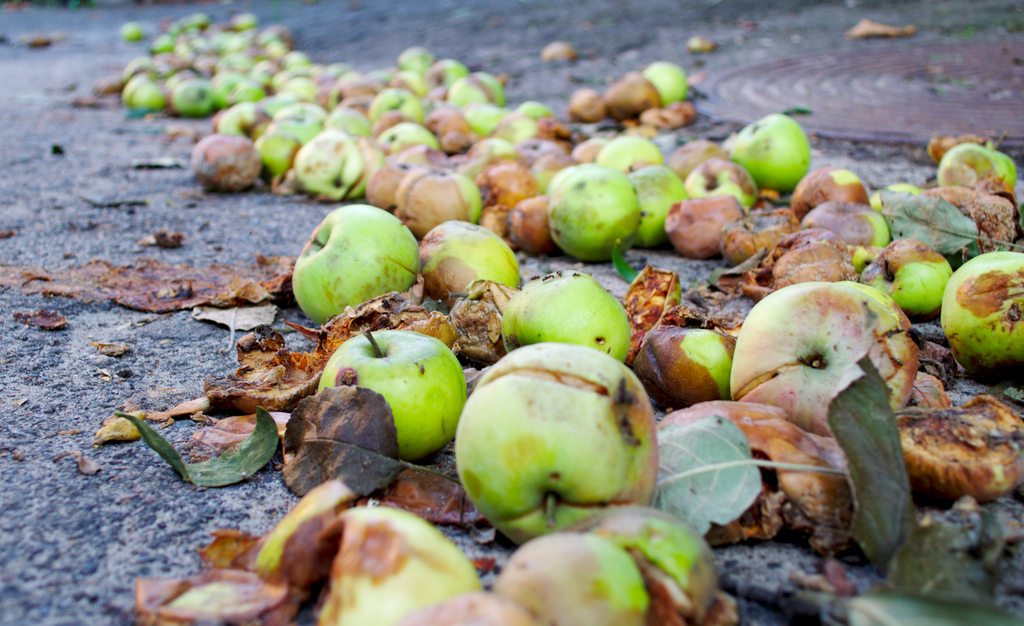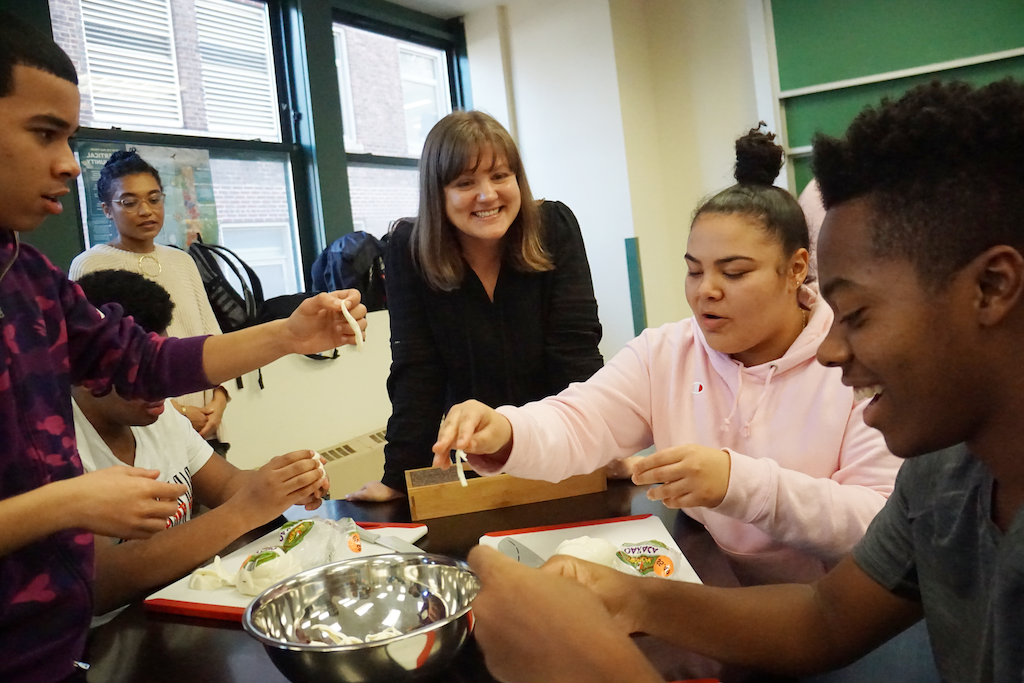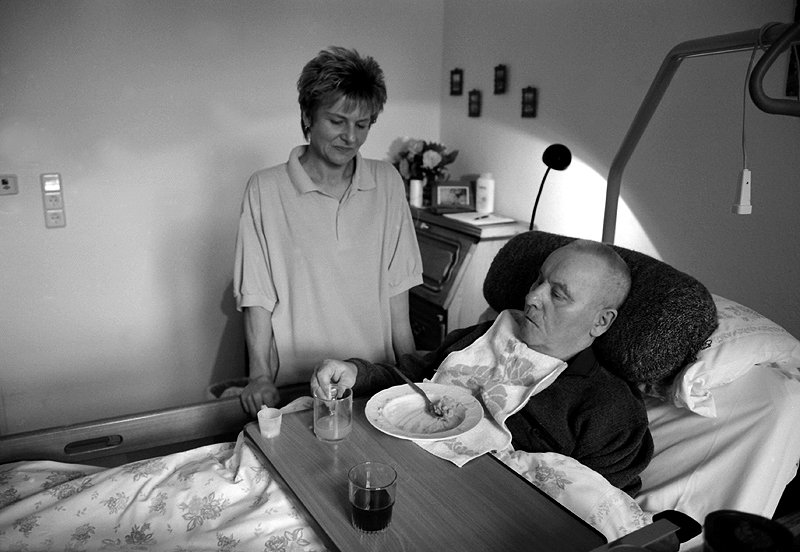Sometimes circumstances seem aligned in a way that makes you an offer you almost can’t refuse. Think about food waste: On the one hand, we have millions of pounds of perfectly edible food going into landfills every year. On the other hand, we have millions of people who don’t know where their next meal is coming from. At first glance, it’s a match made in heaven. Feed the waste to the hungry people. Two problems solved at once. A win-win for everyone.
Feeding the food-insecure with food that would otherwise be wasted is an idea that’s caught on. France and Italy have passed laws requiring supermarkets to donate their leftovers to food banks. England is considering a similar law, and in this country we’ve seen a flurry of voluntary programs designed to accomplish the same thing.
It’s a great idea, right?
Maybe not, argues a new paper from England’s Food Research Collaborative. The paper, written by Martin Caraher of City University of London and Sinéad Furey of Ulster University, argues that redistributing surplus food to charities solves neither the problem of food waste nor the underlying problems of food insecurity.
“Considerable research available from countries with a longer history of food banks than the UK show no evidence that such approaches help lift people out of poverty,” they write. “At best they provide some immediate respite to those who are hungry. Others … argue that such initiatives distract from the underlying issues of food insecurity and that systems encouraging the use of waste and surplus food, including donations, exacerbate exclusion and excess rather overcoming them, as they do not ultimately address the underlying socio-economic causes. [Canadian scholar Graham] Riches has called nations which use food banks and donations as a major food provider to the poor ‘food bank nations.’”
It’s not a new argument, but I can’t recall seeing it made as clearly and thoroughly before. Caraher and Furey are thinking less about food and more about human rights and social responsibilities, and it leads them to make the kinds of distinctions that need to be part of the discussion. They argue, among other things, that to allow charities and civil society groups to feed the food-insecure is to allow government to duck out of a moral obligation to provide for the welfare of its citizens. They point out that the right to food, as defined by the United Nations, is more than the right to a few calories of someone else’s choosing, and it must also include elements of choice, adequacy of diet, and dignity. They write that “it is demeaning to suggest a two-tier approach to a rights-based food issue whereby some citizens are able to choose food in socially acceptable ways while others have that choice made on their behalf, fulfilled by surplus food that is not considered saleable by the retail sector.”
There’s more, and I encourage you to take it straight from the source. Meanwhile, I come away struck in particular by two points. One is the authors’ insistence that the problems of food waste and food insecurity be thought of separately. Both are worthy of serious attention and sophisticated analysis. We do ourselves a disservice if we let a food redistribution program distract us from the fact that food producers and retailers could be doing far more to reduce waste. And we mustn’t let the warm glow of feeding the poor (with our castoffs) let us feel better about the complex of societal failure and economic injustice that will continue to afflict them, even after their bellies are, at least temporarily, full.
The second point I come away with is not one the authors make. It’s this: I’m persuaded that curing food waste and creating true food justice are the goals we ought to be pursuing. I buy Caraher and Furey’s argument that redistributing wasted food to the food insecure probably takes us in the wrong direction. But let’s ask an important question: Do you think we’ll eliminate waste and hunger anytime soon? Me neither. Indeed, in our torn, contentious, and frightened society, it’s hard to see how we’ll even make significant progress in these regards.
In the meantime, we have those tons of food, and it’s morally repellant to toss them onto the landfill. We have people who need food, and it’s morally repellant to do nothing. You can make the argument that the best thing we can do is to let things get far worse than they are today, so that starving, outraged masses rise up and demand change, but I don’t know how many of us would have the heart to follow through on it. We don’t really teach our children to swim by throwing them into the deep end. And we don’t send our brothers and sisters to the battlements when we still have halfway measures to deploy.
What are we supposed to do? I lean toward the pessimistic end of the spectrum. So I’m inclined to think that redistributing waste food is likely to be just as bad an idea as Caraher and Furey think it is. And doing nothing is likely to lead to bad outcomes too. My vote is forge ahead, redistribute the food, help the food banks, hold politicians’ feet to the fire, rabble-rouse for human rights—in short, do everything. But do it with the right attitude: confident that we’re at least partly wrong, refusing to exaggerate even a little how much good we’re doing, and always be on the lookout for Plan B, Plan C, and however many others it takes.
There you have it: A thoroughly unsatisfying and unsatisfactory proposal. Are you with me? I hope so.
